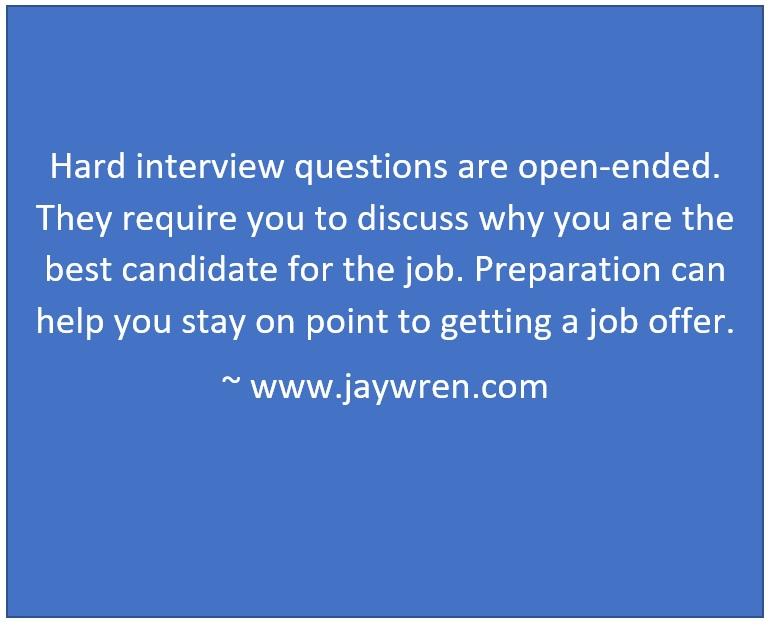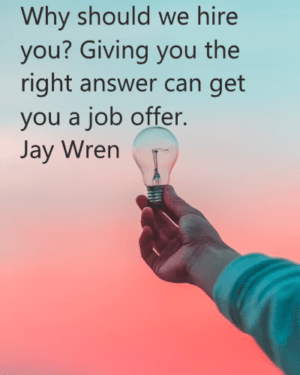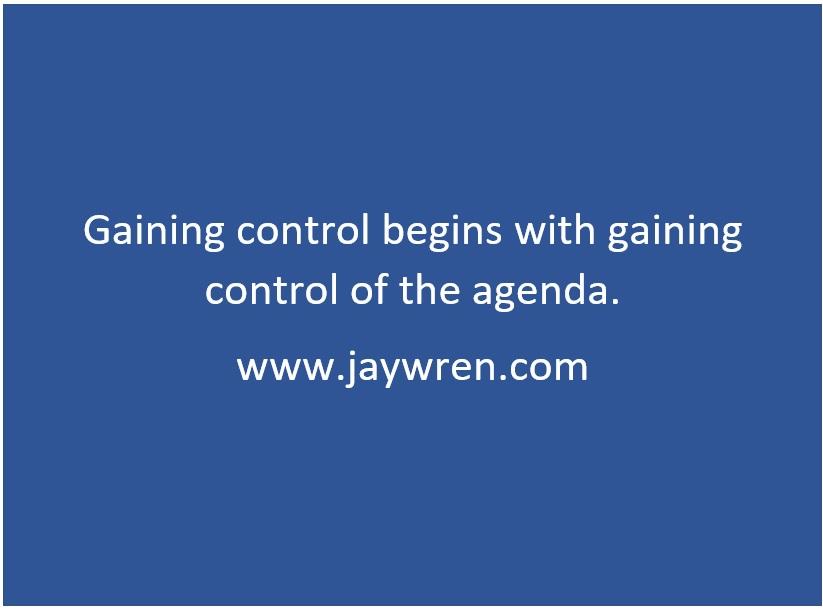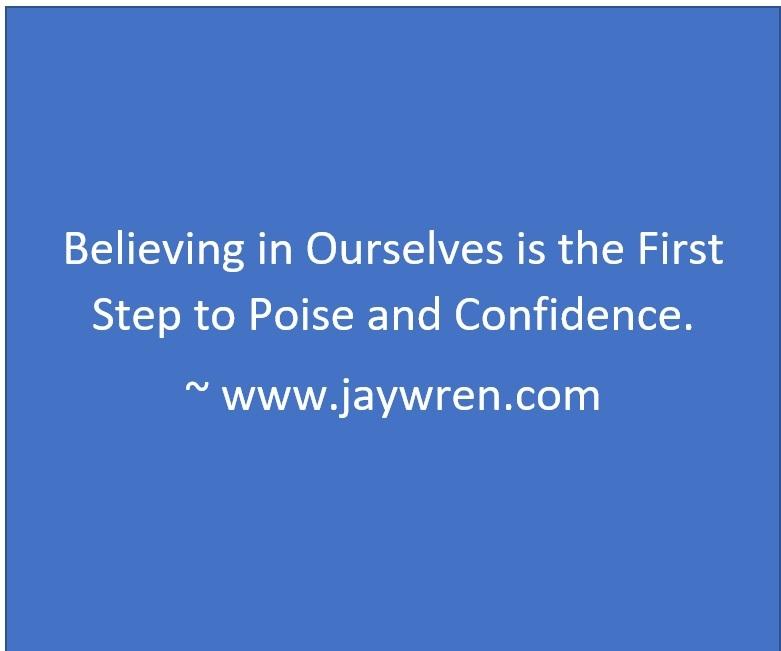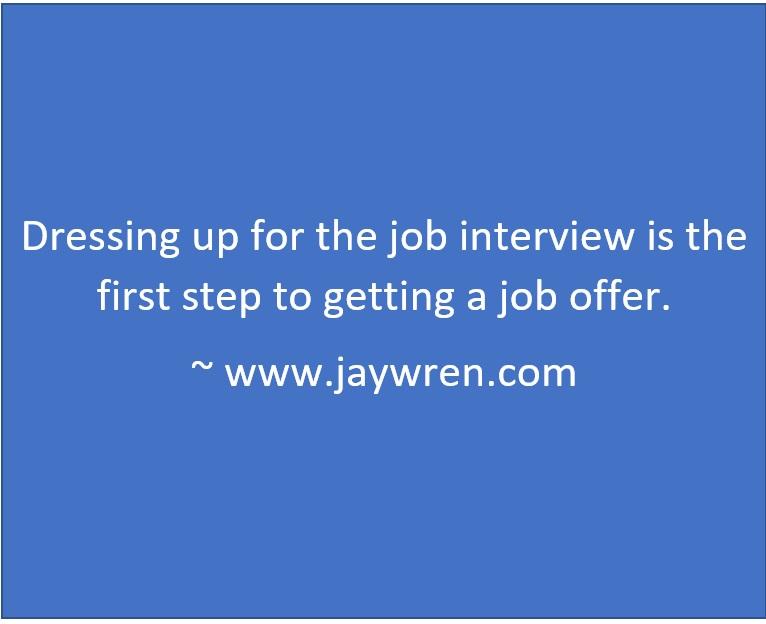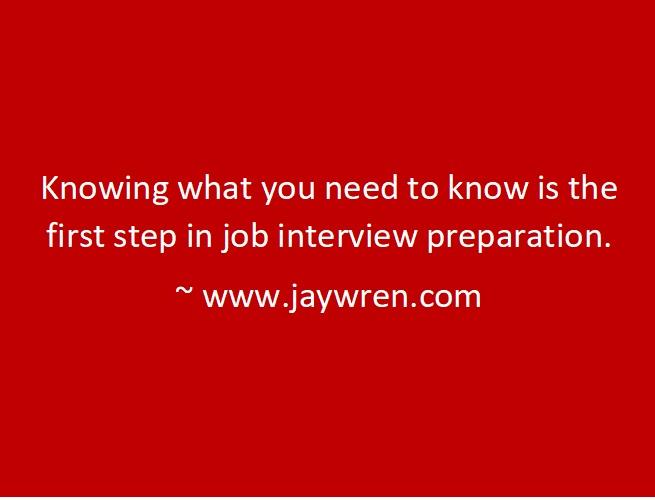Hard interview questions: The most difficult interview questions are open-ended. These questions require a discussion to answer. They give the interviewers more detailed, meaningful answers. Additionally, open-ended questions display your ability to think and to express yourself effectively. By contrast, the easier questions are closed-ended questions. These questions have yes-no or simple fact answers.
Examples:
- How do you handle stress?
- Why are you changing jobs?
- What does your boss say about you?
Hard Interview Questions
In this chapter, I will cover some of the more difficult open-ended interview questions.
“What Is Your Greatest Weakness?”
“What is your greatest weakness?” is a tricky interview question. Although you want to be forthcoming with an interviewer, you don’t want to give the hiring manager a reason not to hire you.
Furthermore, from my experience, things you say about yourself can affect how people see you after you go to work for the company. I made the mistake of answering this question honestly during an interview for a promotion. I did get the promotion. However, my new supervisor had an annoying habit of reminding me of my answer (my greatest weakness) during our work together.
Show How You Deal with Your Weakness
What should I have said when he asked me about my greatest weakness? I could have discussed weaknesses as growth areas. For example, a person has a weakness of scheduling too many projects. However, the person can learn to start each day by prioritizing work.
Another suggestion is how you become anxious before appointments. You dread being late. Pressuring yourself for time creates more anxiety. The way you are working with this anxiety issue is you arrive to meetings with enough time to relax and organize your thoughts.
Another example might be that you tend to take over meetings. You have found that your behavior annoys other people. However, you are developing the skills to get other people involved in a couple of ways. Sometimes all you need is just to listen. In other cases, you may ask people for their input.
Preparation
Prepare your answer based on something that is true about you. You want to be able to show the skills you have developed to turn your weakness into a strength.
Be specific about the steps that you are taking. Have examples how the steps you have taken will make you more effective at the hiring company.
What is Your Greatest Strength?
Answering this question gives you an opportunity to shine as the perfect applicant for the job. When preparing for your interview, think specifically about how your strengths fit the job.
First however, a little discussion of skills and talents is in order. Understanding the differences will help you present your strengths most effectively.
Soft Skills, Hard Skills, and Talent
There are three elements that determine your ability to perform a task: Hard skills, soft skills, and talent. Each of these qualities has value depending on the requirements of a job. Again, target your presentation to show you how your greatest strengths match the qualifications and requirements of the job. Write these qualities in your resume. Practice presenting them in your interviews. Show how your strengths make you the perfect candidate for the hiring company.
Hard Skills
These skills come from your education and your work you have done. They are the strengths that you can take from one job to the next. These type skills are core qualifications for any job.
- Accounting
- Brand Development
- Computer Programming
- Data Management
- Education
- Financial Management
- Internet Programming
- People Management
- Planning
- Mathematics
- Typing
- Writing
These hard skills normally appear as requirements in a job description.
Soft Skills
Soft skills are tricky. Some hiring managers and recruiters overlook soft skills in a resume. In other cases, hiring managers and recruiters think of listing soft skills as puffery in a resume. However, discussing soft skills is effective when you show how those skills specifically relate to the job for which you are interviewing.
- Interpersonal Communication skills
- Enthusiasm & Attitude skills
- Teamwork skills
- Relationship skills
- Problem Solving & Critical Thinking skills
- Communication Skills
- Determination and Persistence
Talent or Natural Ability
One of my favorite subjects is talent. Talent is a gift. However, everyone can strengthen their natural talents. Gifted athletes are naturally faster or stronger or have greater agility from birth. However, less gifted athletes find that they can build on their athleticism thought effort. Therefore, with repeated effort a person can raise the level of their natural gifts.
In conclusion, discussing your greatest weakness or your greatest strengths give you opportunities to show how you are perfection for the job.
